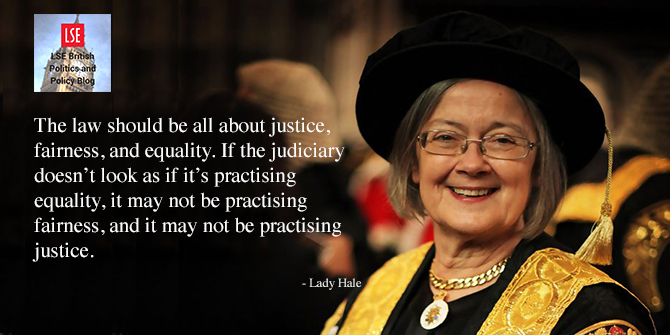 Should you blame the media if your demo doesn’t work? Charlie Beckett takes a look at Saturday’s protests from the journalist’s point of view.
Should you blame the media if your demo doesn’t work? Charlie Beckett takes a look at Saturday’s protests from the journalist’s point of view.
There are three big dilemmas in reporting any major demonstration where there is violence.
Firstly, how do you balance the visually-arresting actions of a small group with the low-key political festivities of the majority?

Secondly, how do you characterise those people acting violently? Thugs? Anarchists? Break-away group? And a sub-set of this is how do you characterise a sit-in at Fortnums, compared to, say, throwing paint at police?
Thirdly, how do you report the issues rather than the physical demonstrations?
With today’s TUC rally against the cuts there was a lot of anger from supporters at the way that Sky showed a split screen [see image to the right] which showed Ed Miliband’s speech in Hyde Park alongside some vandalism at TopShop. The BBC also juxtaposed the two in a way that detracted from the Labour leader’s speech.
I think those who complained should first have a word with UK Uncut who decided to occupy or assault various retail outlets at the very same time as the mainstream majority demonstration was trying to get its message out on national TV.
The TV channels were quite right to show the public what was actually happening. Bringing the country’s premier shopping street to a halt is newsworthy. The publicity was also what the various ‘anarchists’ and other protesters wanted. They hi-jacked the TUC’s demo. UK Uncut knew that their often witty and creative neo-Situationalist agit-prop ‘events’ were bound to attract some violence, too. I am writing this at about 5pm (on Saturday) by which time the trouble has been relatively trivial, but who knows what will happen as darkness falls?
In fact, the news channels were pains-taking in their commentaries to make it clear that the violent incidents had nothing much to do with the mainstream demonstration. They were also very clear that very few people were either hurt or arrested.
On the second point I think that again, the media made efforts to distinguish between the different direct action groups, but it’s not easy. One BBC reporter kept referring to ‘people dressed in black’ as if that was the definition of a political grouping. It was probably about as accurate as any attempt to dignify them with the description of ‘anarchist’. The reality is that most viewers/readers won’t distinguish between some Brighton art student giving a poetry reading in Fortnums with an over-excited Trot throwing a dustbin through plate glass.
The third point is interesting. Should the media prioritise an issue just because an organisation can get a lot of people into the same place at the same time? On that basis, perhaps we should be paying more attention to immigration in the light of all those EDL rallies.
More seriously, it’s difficult to combine the kind of ‘match report’ journalism that tells you what happened at a demo with a proper debate about the issues.
In the end, this was an impressive turn-out and I am sure it will have an effect beyond the immediate media coverage. It should cheer up those people in the Labour movement campaigning against the cuts and promote solidarity.
It does send a signal that there are a lot of people out there who want an alternative. Whether you think there is one is another matter.
But I doubt it will make much impact on the two-thirds of British voters who think that the deficit reduction programme is justified. Today’s demonstration – both peaceful and violent – was an admirable manifestation of people’s desire to make a political gesture. But I suspect that however the media had reported it, it would not shift the balance of opinion. In fact it has probably put off a lot of people who are genuinely unhappy about current economic policy. It’s time for political movements to think beyond both mass rallies and trashing Topshop.
This article first appeared on Charlie Beckett’s POLIS blog on 26 March.
Please read our comments policy before commenting.





